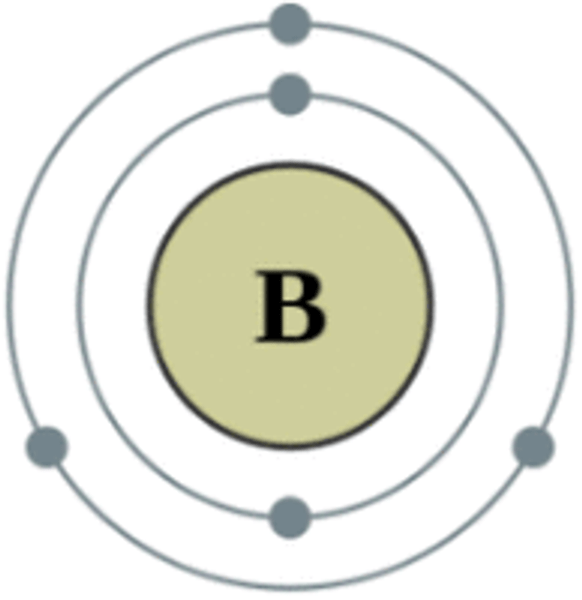Boron - What you should know.
Posted by Annette Hasalone, N.D. from her book "Off Balance" on 19th May 2015
Boron is a trace element that is needed for healthy bones (known as the calcium helper) and for the metabolism of calcium, magnesium and phosphorus.“This trace mineral plays a role in calcium and bone metabolism, possibly preventing bone loss associated with osteoporosis.” 1 This elements effect on health and behavior were not known until the 80’s.It has been found to enhance brain function, enhances memory, cognitive functions, hand-eye coordination, and promotes alertness.A sedative salt of boric acid has been used for hundreds of years.Studies show that boron may reduce the symptoms of arthritis and post-menopausal osteoporosis.One study showed that postmenopausal women who took 3 mg. of boron per day decreased the amount of calcium lost in their urine and increased their estrogen levels.It probably does this by activating Vitamin D.“Boron may work by activating certain hormones, Dr. Hunt Says.In postmenopausal women, adequate boron raised blood levels of both estrogen and testosterone.It may also help in converting vitamin D to its active form.”2 In Jamaica and surrounding islands where soil content of boron are low boron they have a higher incidence of arthritis.Boron improves retention of both calcium and magnesium, and elevates circulation of serum concentrations of testosterone.
A study at Tektran, Agricultural Research Service, establishes through studies of mineral and lipid metabolism, energy utilization, bone, and immune function that boron may be an essential nutrient for humans and animals alike.The initial study on mature rats found that by adding small quantities of boron changed the electrical brain activity that would be consistent with increased brain activation.They studied three humans to evaluate the effects of dietary boron on electrical brain activity and on performance of several motor tasks.They found that a boron deficient diet resulted in decreased brain activation similar to that found in general malnutrition and lead toxicity.Boron deficiency is associated with poor performance on tasks of motor speed and dexterity, short-term memory and attention, the latter of the two tasks showed significantly poorer performance in all three studies.Therefore, findings indicate that boron is a vital nutrient for brain and psychological functions in humans.“Researchers from the Grand Forks Human Nutrition Research Center, which is affiliated with the United States Department of Agriculture (USDA), investigated the role of boron in brain and psychological function in several studies involving humans and animals. In one study, increasing boron intake in rats receiving a boron-deficient diet seemed to increase mental activity. Studies conducted in people suggested that a lack of boron can decrease mental activity and have a negative effect on hand-eye coordination, the ability to concentrate, and short-term memory. These findings seem to indicate an important role for boron in keeping the brain fit.”32
Mary Duncan, B.N., has researched the connection between the boron and phenols and ADD/ADHD over five years and has written a book “Boron Phenols and Health”.The relationship between boron and other minerals is complex and remains inadequately understood.Boron helps the body to conserve its usage of calcium, magnesium, and vitamin D.Further study of this mineral is being conducted in many laboratories across the nation.
- Robert Garrison, Jr., M.A., R.Ph. & Elizabeth Somer, M.A., R.D., The Nutrition Desk Reference,Third Edition, (Keats Publishing, Inc., 1995), pg. 223.
- The Editors of Prevention Health Books, Healing with Vitamins, (RodalePress, Inc., 1996) page 27.

